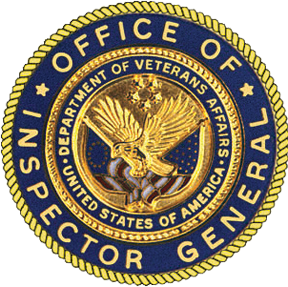The Executive Director oversees improvements to the telephone system to ensure identified vulnerabilities are addressed.
Facility leaders ensure exit signs lead to an exit.
Facility leaders install detectable warning surfaces anywhere a walkway transitions into a roadway.
The Executive Director ensures staff keep patient care areas clean and safe.
Facility leaders ensure staff conduct a risk assessment for electrical cord management to identify and implement any needed improvements.
The Executive Director ensures staff post biological hazard signs on doors where potentially infectious materials may be present and store clean and dirty items separately.
The Executive Director ensures prompt disposal of biohazardous waste.
Facility leaders ensure staff conduct a risk assessment on liquid nitrogen use and storage, to include devices in exam rooms, and implement changes accordingly.
The Executive Director ensures the Comprehensive Environment of Care Committee identifies at least one facility-specific environment of care trend and establishes a performance improvement plan, including outcome measures, to address it.
Facility leaders ensure staff develop service-level workflows for the communication of test results for each service.
Facility leaders review the test result communication policy to ensure it complies with the VHA requirement for communicating critical results outside of normal business hours.
Facility leaders develop a formal process for staff to track performance metrics for test result communication, implement improvement actions, and report compliance to an appropriate oversight committee.
Facility leaders manage panel sizes to ensure patients have timely access to high-quality care.
